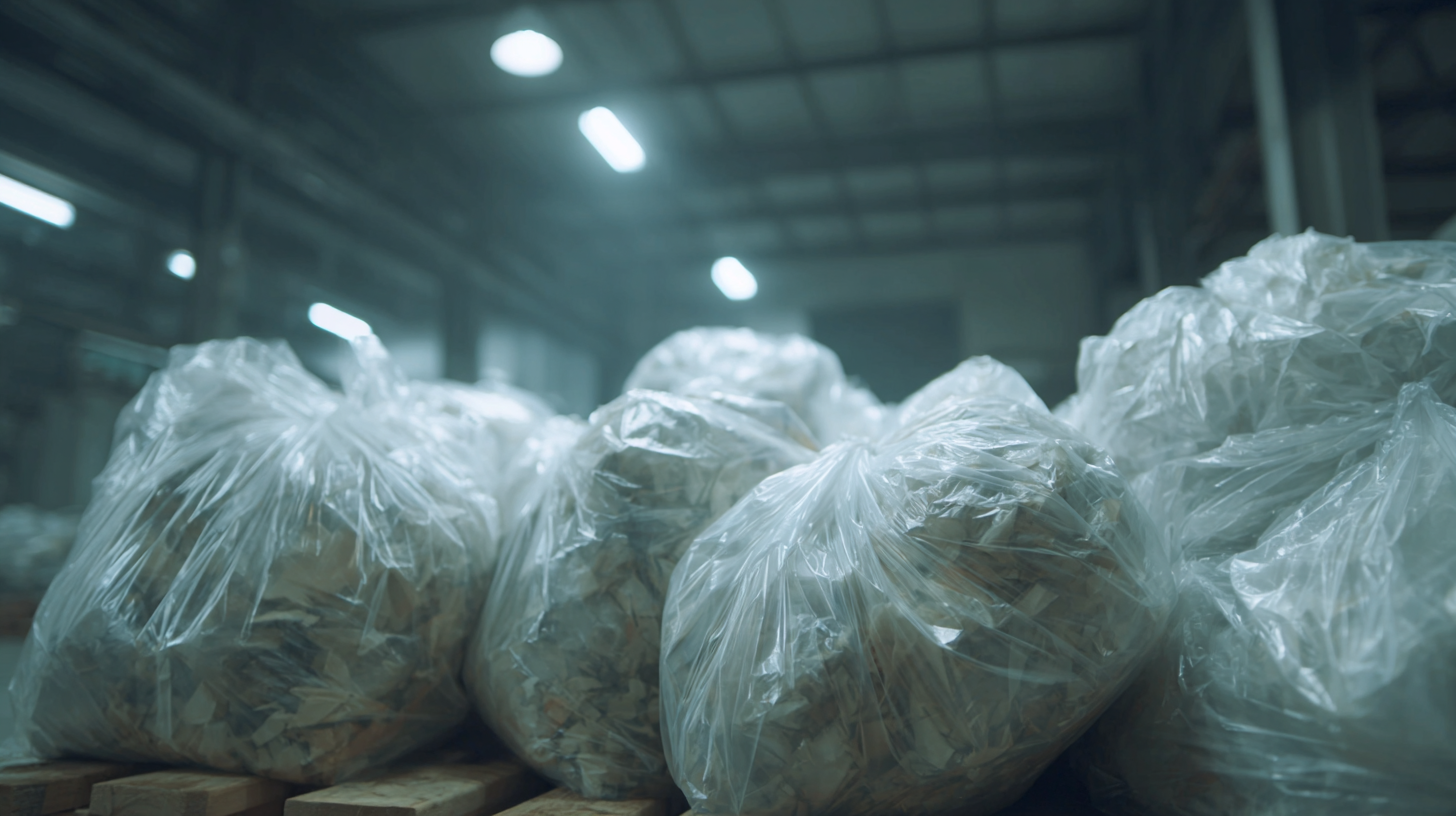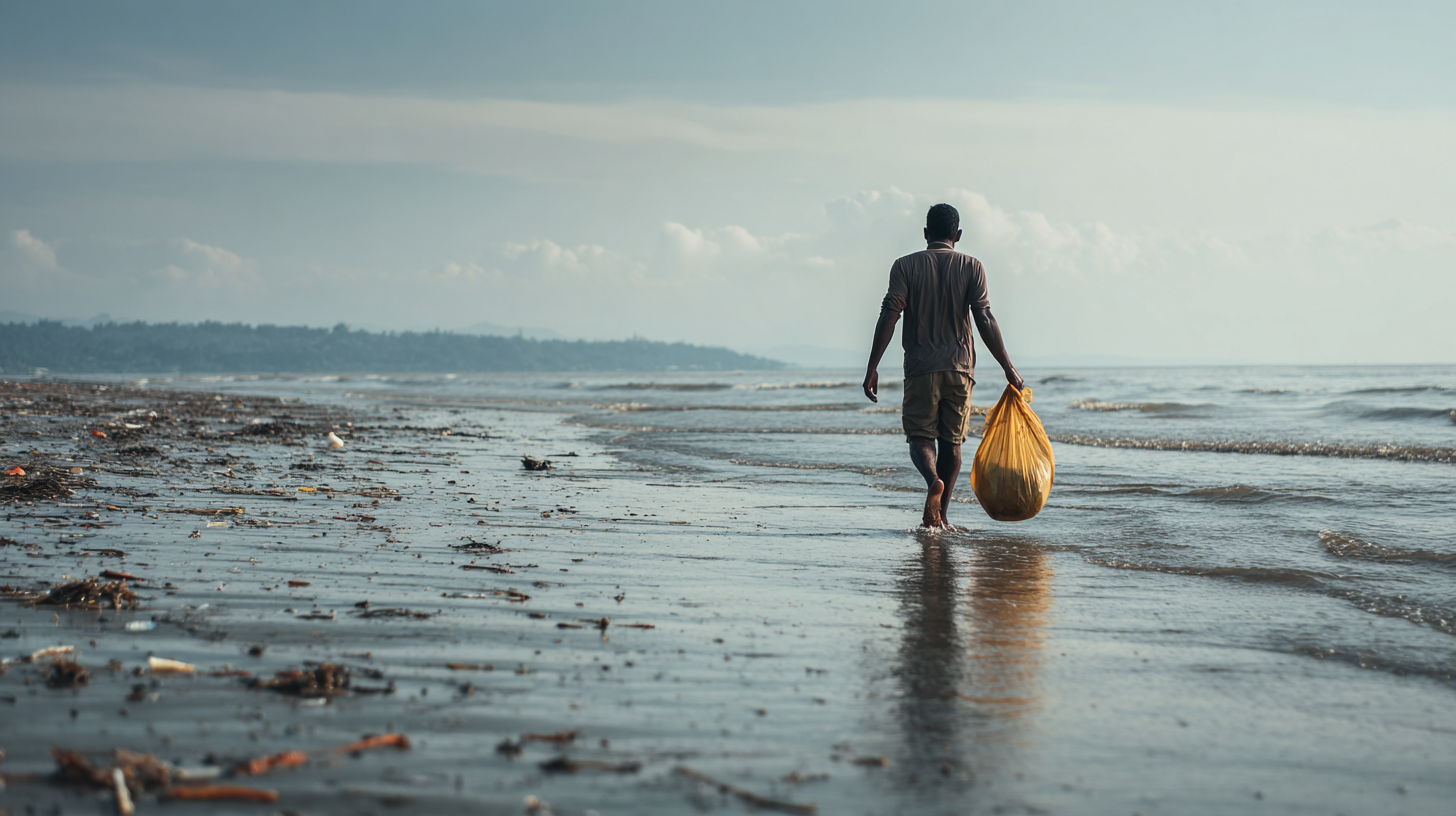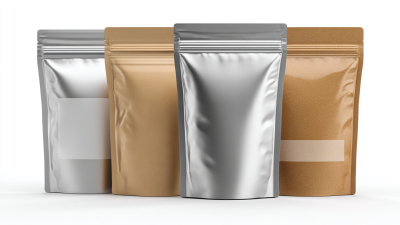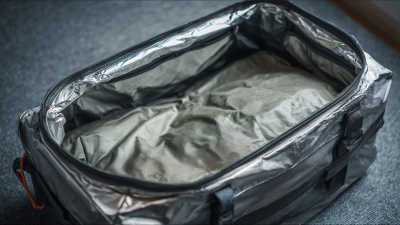The pervasive use of PE plastic bags has significantly contributed to environmental degradation, with approximately 1 trillion bags consumed globally each year, as reported by the Environmental Protection Agency. These single-use bags, primarily made from polyethylene (PE), take hundreds of years to decompose, leading to severe pollution in our landfills and oceans. In fact, it is estimated that around 8 million tons of plastic waste enters the oceans annually, posing threats to marine biodiversity and ecosystems. As awareness of these challenges grows, innovative solutions and sustainable alternatives are emerging in the market. Companies are exploring biodegradable materials, reusable bags, and enhanced recycling methods to reduce the reliance on PE plastic bags. Understanding the environmental impact of these bags is crucial as we seek viable pathways toward sustainability, aiming not only to mitigate pollution but also to promote a circular economy that values environmental health and responsible consumption.

Polyethylene (PE) plastic bags have become ubiquitous in modern society due to their convenience and low cost. However, their environmental consequences are profound and far-reaching. These bags can take hundreds of years to decompose, leading to large amounts of plastic waste accumulating in landfills and oceans. Marine life is particularly at risk as these bags are often ingested by animals, causing injury or death, and pesticides and chemicals used in production can leach into ecosystems, further harming biodiversity.
To combat these issues, innovations in materials science are paving the way for sustainable alternatives. Biodegradable plastics, made from natural substances, offer a viable solution by breaking down more quickly and reducing long-term waste. Reusable bags made from durable materials also provide a practical way to minimize plastic consumption, encouraging consumers to rethink their shopping habits.
**Tips:** When shopping, consider making the switch to reusable bags. Keep a few in your car or by the door so you remember to take them with you. Additionally, if you must use plastic bags, be sure to recycle them appropriately to help reduce their impact on the environment. Moreover, explore local initiatives that promote cloth or paper bag usage to support community efforts in sustainability.
| Dimension | Impact Category | Value | Unit |
|---|---|---|---|
| Carbon Footprint | Production | 1.5 | kg CO2e/bag |
| Recycling Rate | Waste Management | 9 | % |
| Decomposition Time | Environmental Impact | 500 | years |
| Microplastics Contribution | Pollution | 1.5 | million tons/year |
| Innovative Alternatives | Sustainability | 10 | biodegradable options |
In recent years, the production of polyethylene (PE) plastic bags has been scrutinized for its significant environmental impact. However, innovations in manufacturing processes are paving the way for more sustainable alternatives. One notable advancement is the introduction of bio-based PE, derived from renewable sources such as sugarcane. This not only reduces the reliance on fossil fuels but also lowers the carbon footprint associated with bag production. By utilizing plant materials, manufacturers can produce bags that are both functional and environmentally friendly, marking a significant step forward in the fight against plastic pollution.

The environmental impact of polyethylene (PE) plastic bags has led to a pressing need for sustainable alternatives that minimize ecological harm. One promising solution is the development of biodegradable bags made from natural materials. These alternatives, such as those derived from cornstarch or plant-based polymers, offer a significant reduction in plastic waste. Unlike traditional PE bags, which can take hundreds of years to decompose, biodegradable options break down more readily in composting and industrial environments, helping to mitigate pollution and protect ecosystems.
In addition to biodegradable options, innovations in packaging technology are paving the way for even more sustainable choices. For example, companies are exploring the use of seaweed-based materials and mycelium, the root structure of mushrooms, as viable alternatives for plastic bags. These materials not only decompose quickly but can also be produced with a lower carbon footprint than conventional plastics. As consumer awareness grows, the shift toward adopting these sustainable alternatives could reshape the market and significantly reduce the reliance on PE plastic bags, fostering a healthier environment for future generations.
The transition from polyethylene (PE) plastic bags to sustainable alternatives is increasingly vital in the global effort to mitigate environmental damage caused by plastic waste. According to recent reports, single-use plastics, including PE bags, contribute to about 300 million tons of plastic waste generated annually worldwide. This staggering figure underscores the urgency for a shift towards more sustainable practices in packaging industries. Countries like Rwanda have effectively implemented policies banning plastic bags, showcasing a successful model for manufacturers to adapt through innovations in biodegradable and reusable materials.
In the packaging industry, organizations are adopting circular economy principles to create closed-loop systems that minimize waste. A notable example comes from a Romanian bio-based packaging company, highlighting that 70% of its production is derived from renewable sources, indicating a significant reduction in environmental impact. Industry leaders emphasize the necessity of collaboration across the value chain to enhance sustainability in packaging. By investing in alternative materials and redesigning the usage cycle of packaging, businesses can not only reduce waste but also meet the increasing consumer demand for eco-friendly products.
The increasing awareness of environmental issues has led to a notable shift in consumer behaviors regarding plastic bag usage.
Reports indicate that the global market for anti-counterfeit additives is expected to grow from $370 million in 2023 to $514.2 million by 2030, with a compound annual growth rate of 4.8%.
This growth is reflective of a broader trend in consumer preferences, favoring sustainable alternatives over traditional plastic bags.
As consumers are becoming more educated about the negative impacts of PE plastic bags on the environment, they are actively seeking out eco-friendly options.
Innovations in biodegradable materials and reusable bags are on the rise, with brands responding to this demand by introducing alternative products designed to minimize environmental footprints.
The expectation for continual growth indicates that consumer awareness is not only influencing purchasing decisions but also driving industry innovations aimed at reducing plastic waste significantly.







